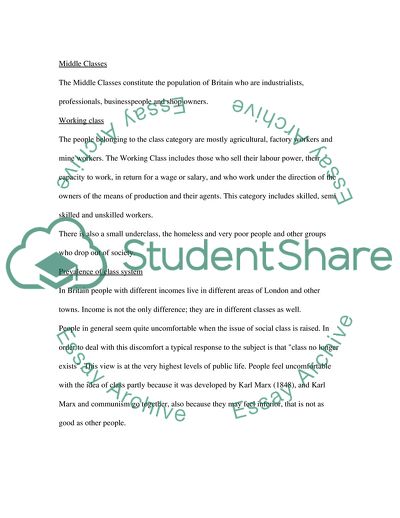Cite this document
(The Class System in the Context of Britain Term Paper, n.d.)
The Class System in the Context of Britain Term Paper. Retrieved from https://studentshare.org/sociology/1703967-is-class-still-important-in-britanin-today
The Class System in the Context of Britain Term Paper. Retrieved from https://studentshare.org/sociology/1703967-is-class-still-important-in-britanin-today
(The Class System in the Context of Britain Term Paper)
The Class System in the Context of Britain Term Paper. https://studentshare.org/sociology/1703967-is-class-still-important-in-britanin-today.
The Class System in the Context of Britain Term Paper. https://studentshare.org/sociology/1703967-is-class-still-important-in-britanin-today.
“The Class System in the Context of Britain Term Paper”. https://studentshare.org/sociology/1703967-is-class-still-important-in-britanin-today.


